Introduction: A postmodern paradox
We live in a postmodern paradox where
“everything now submits to the perpetual change of fashion and media image, that nothing can change any longer.”
The “demi-reality” we lead is one of polarity, where potential and destruction exist in parallel. Yet we respond to such antinomies the same way we do to the unremitting changes in our lives, with acceptance and by forgetting. Treating the acknowledgement of crises as exemption from atonement, we grow increasingly passive and detached. Such apathetic attitude regrettably polishes the reductive lens we use to look at current ideologies and perpetuates a continuous reproduction of impotent, illusory, and dehumanizing paradigms. What this paints is a world inhabited by citizens with diminishing time and self, restrained potentials and lost connections.
The Singaporean Dream
Singapore is no stranger to the consumerist lifestyle. Citizens readily surrender their identity and themselves to stress in a vacuous chase for more on a day-to-day basis. Over the years, the increasing materialistic ambitions as well as systemic differentiated access to public goods have contributed to a progressively polarized and divisive society. As a result, underneath the guise of a harmonious social landscape, many social faultlines still exist in Singapore, with class emerging as the sharpest divide in recent years. Yet we remain largely indifferent and focused on checking the boxes off the ultimate Singaporean Dream.
Thesis Statement
On the other hand, we see a hopeful rise in the number of youths who are engaging in civic participation. These pioneers of tomorrow make use of their savvy edge to gain a voice in helping to steer the political wheel to the left. Together with the government’s recent innovative efforts, they make for an encouraging future of Singapore. This thesis hence seeks to explore architecture as an agent of change for the restrained potentials of mankind set in its paradoxical state of excess (technology, wealth, services etc.). It aims to inspire a different way of living that brings importance back to the more fundamental values of life such as cherishing the relationships we have with others. By harnessing on the natural commons, the functioning of this new way of living seeks to emancipate the exploitation of humans as resources in the contemporary consumerist perspective of one-track success in Singapore, and to value humans as precious capital.
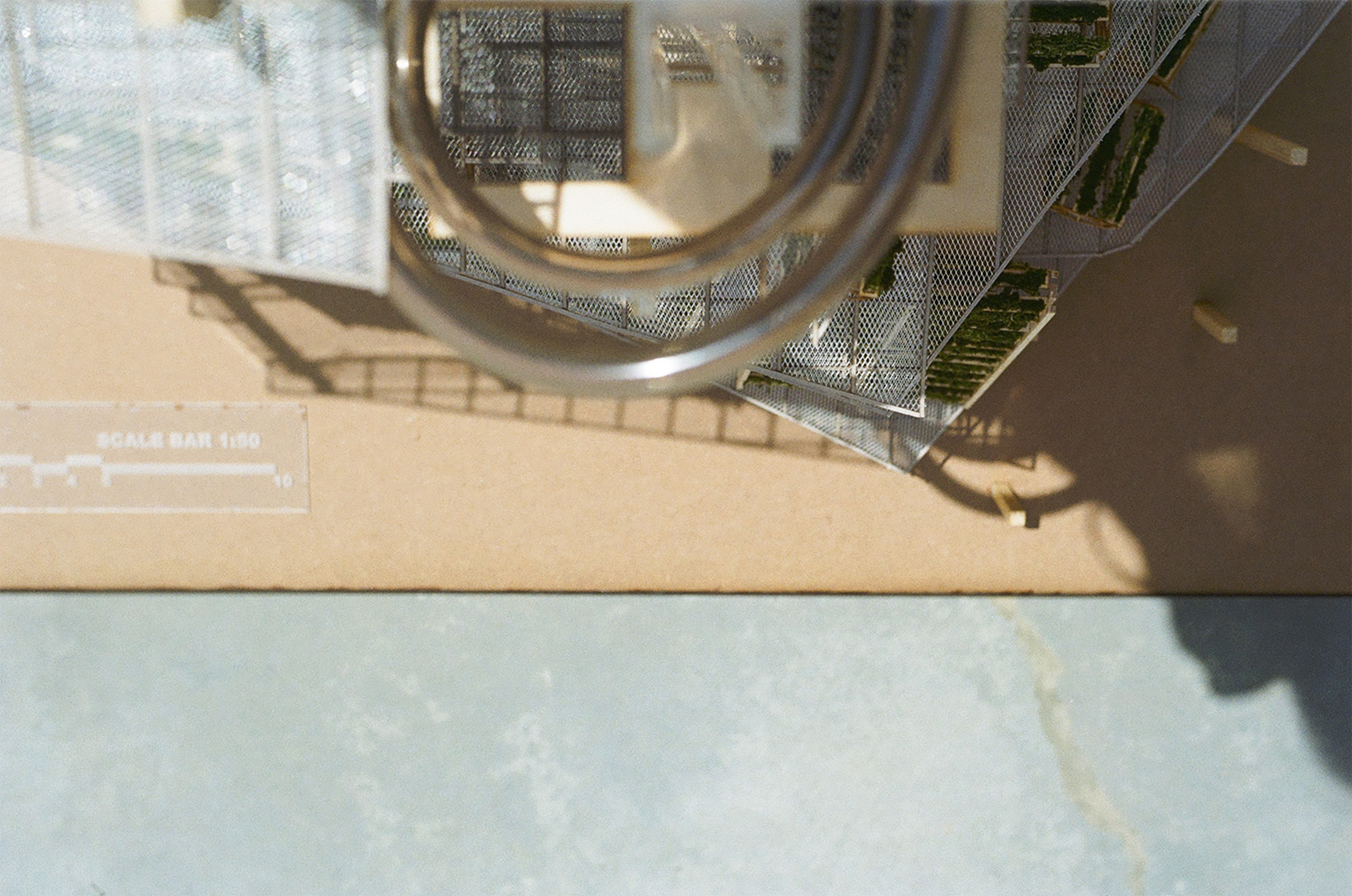
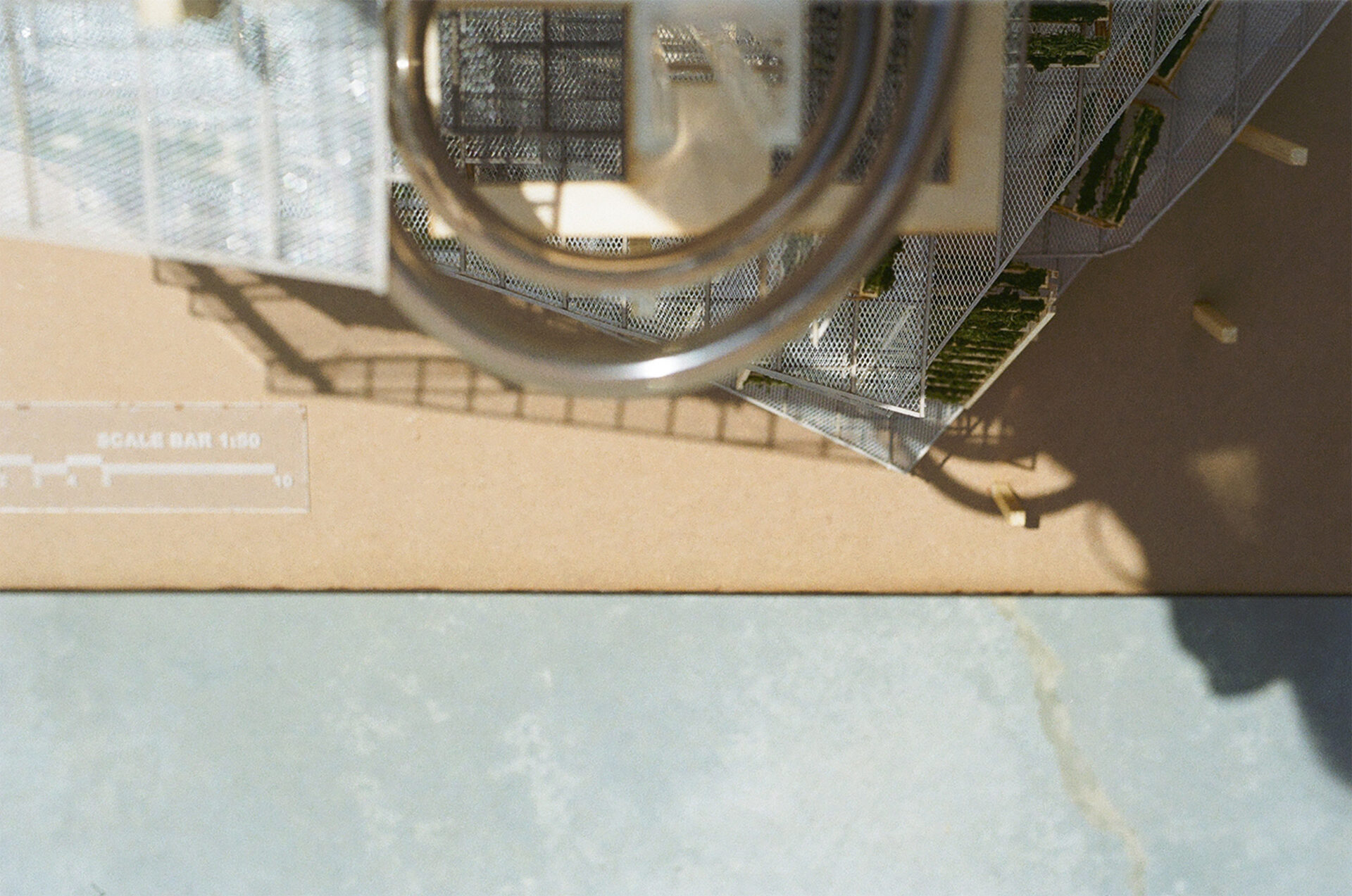
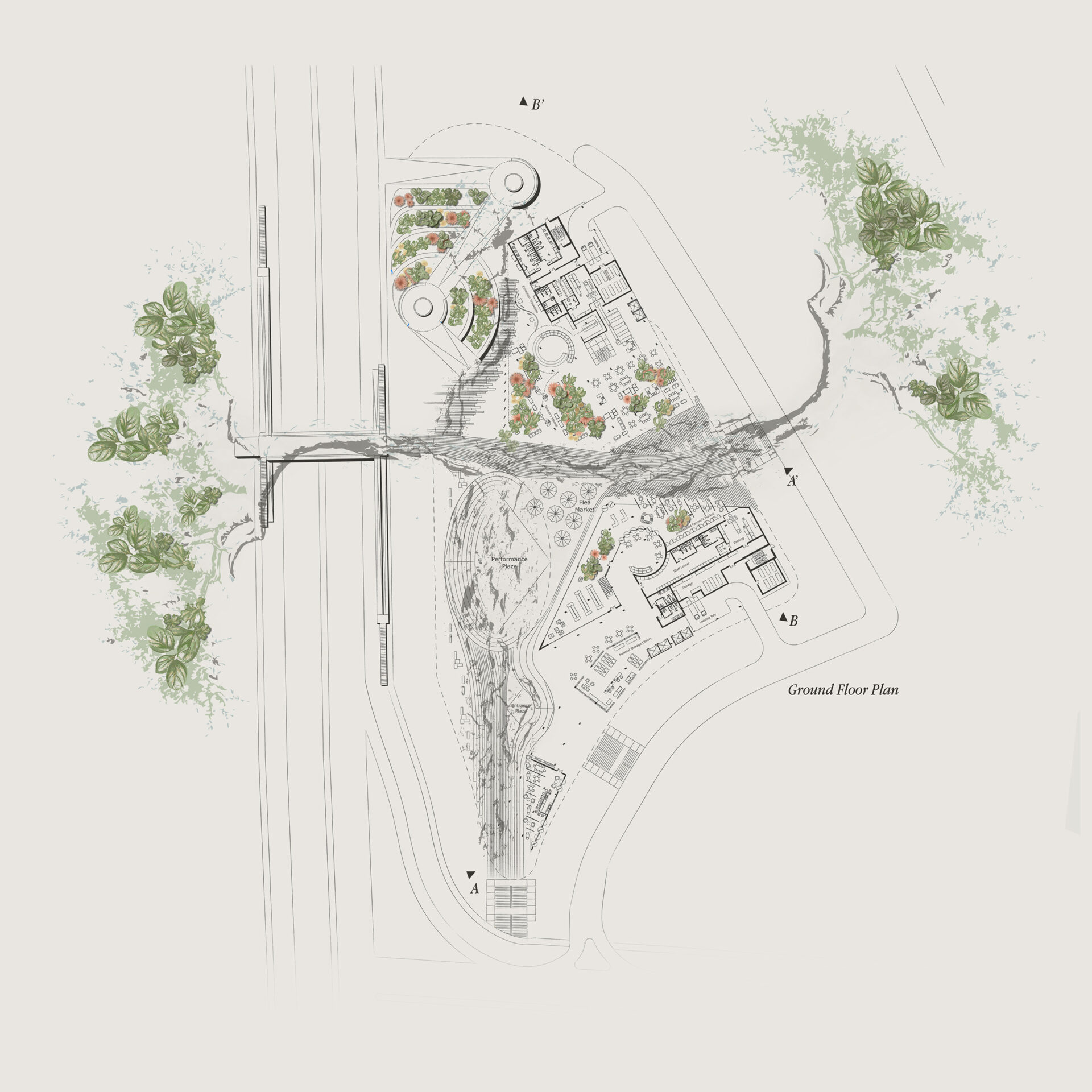
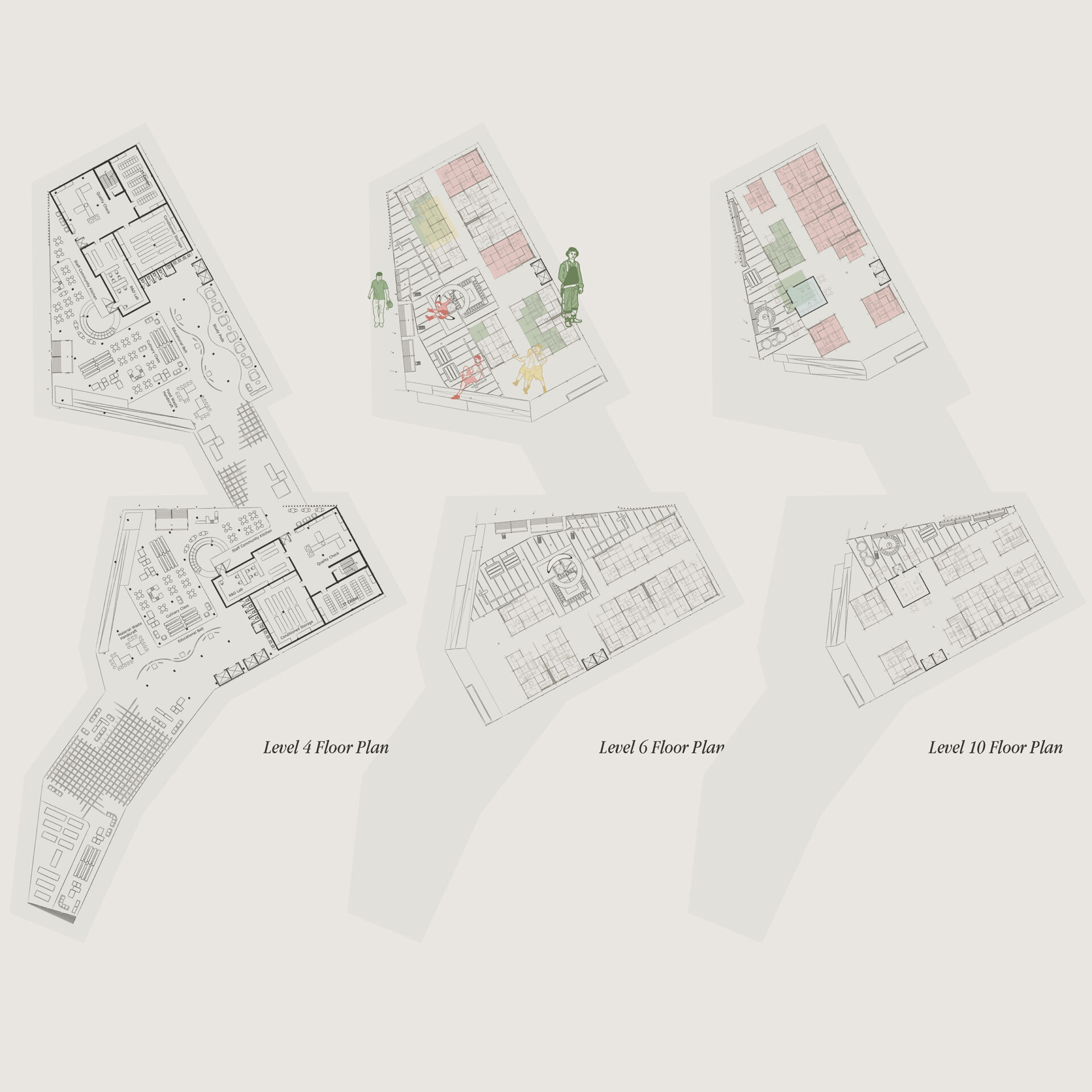
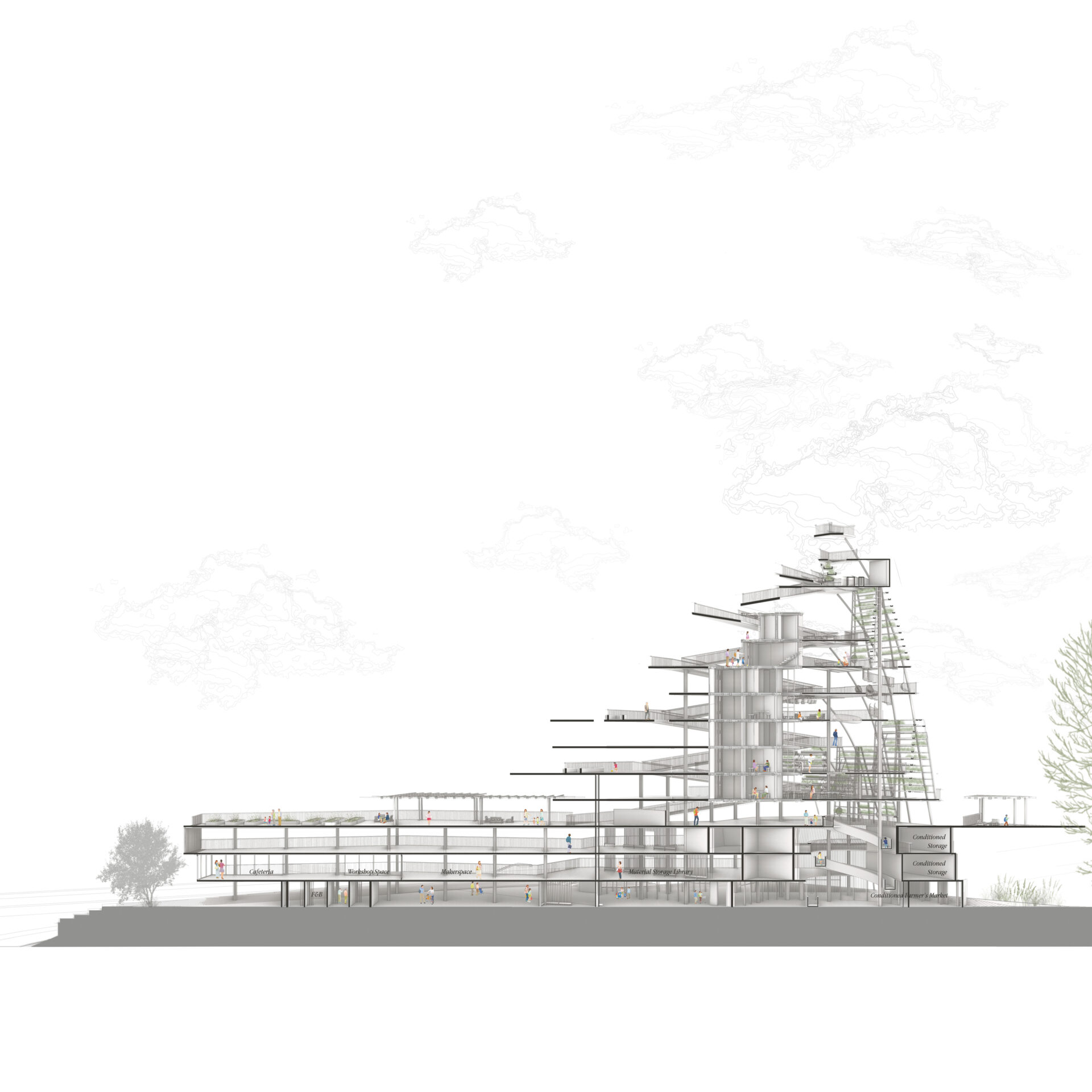
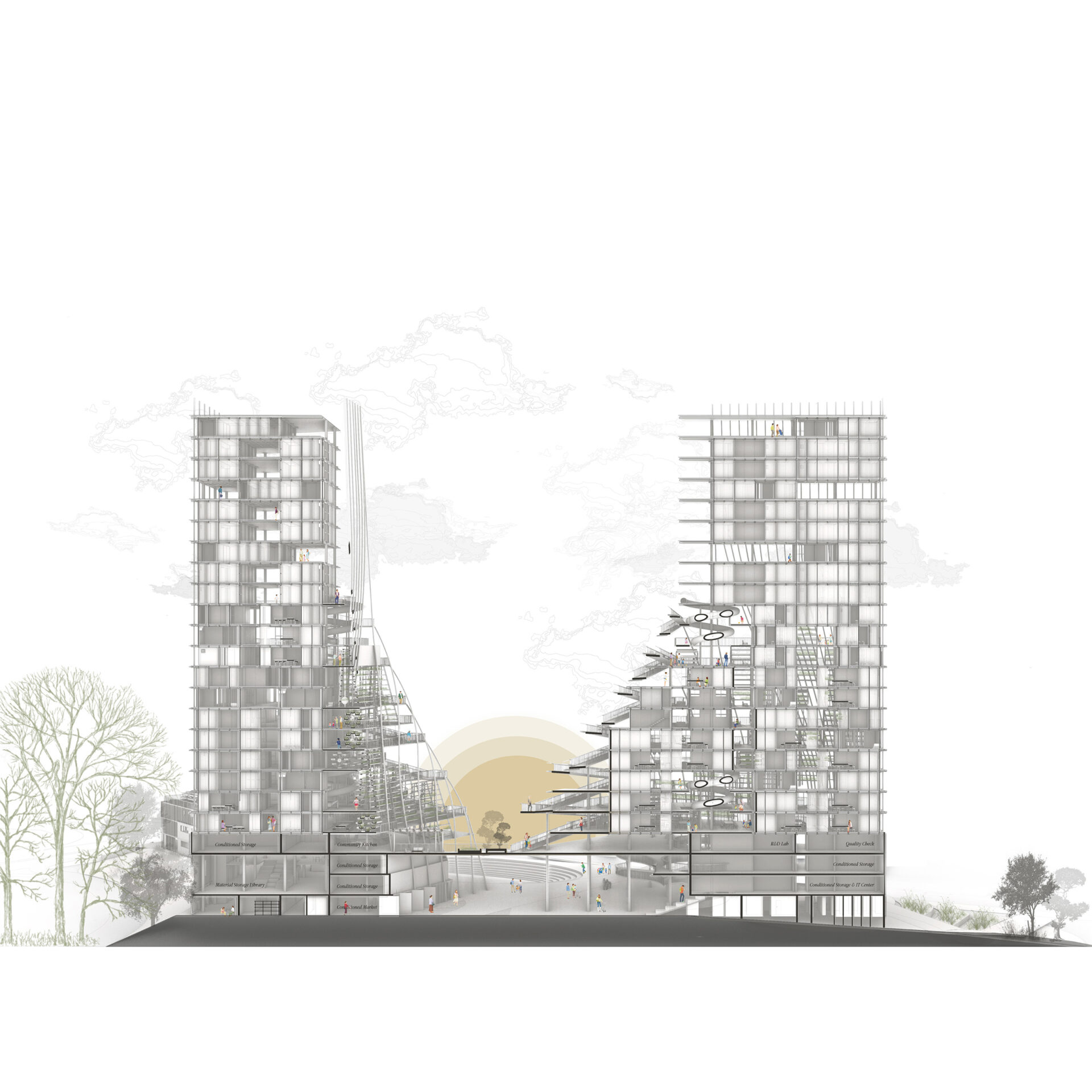
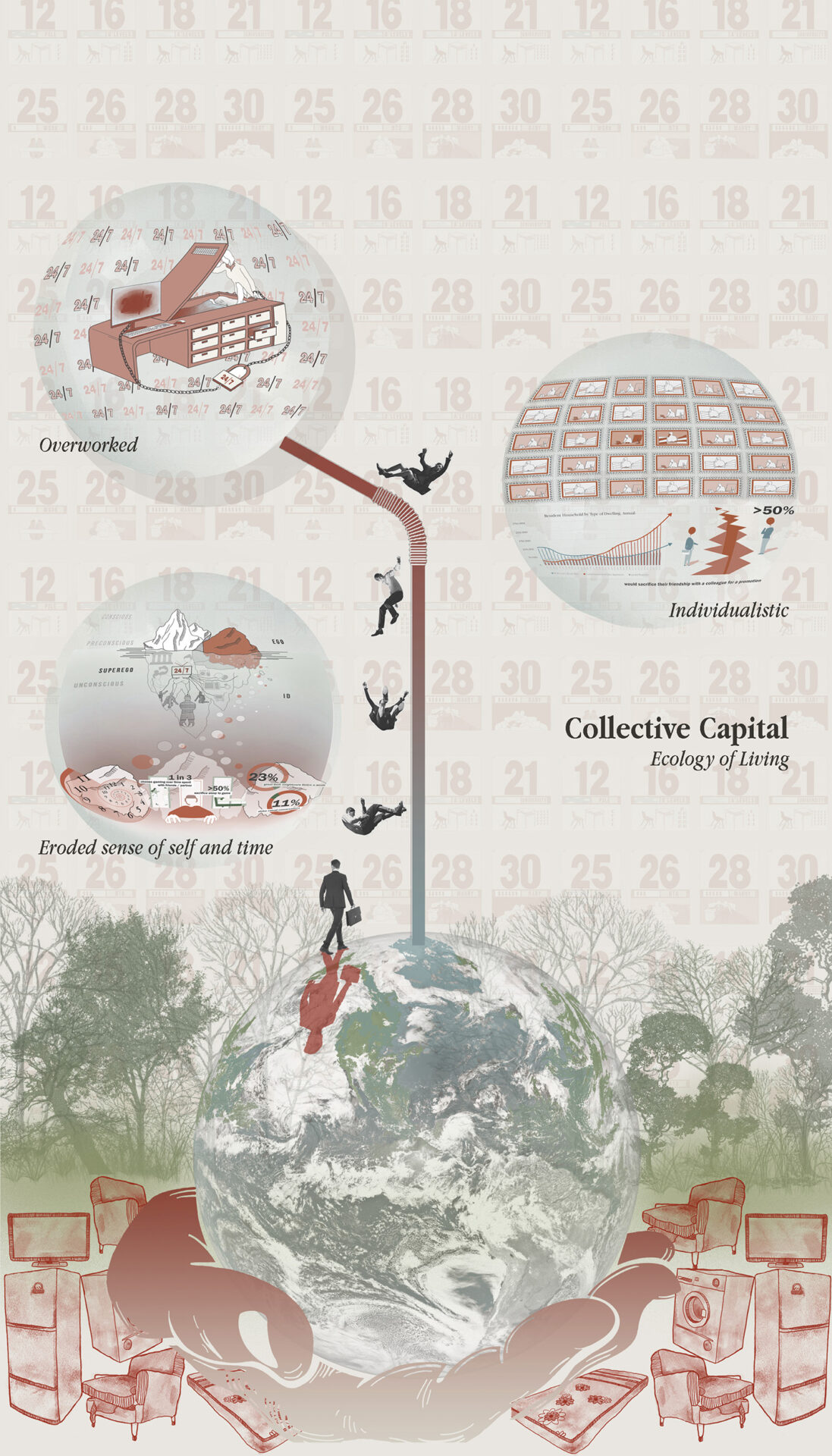
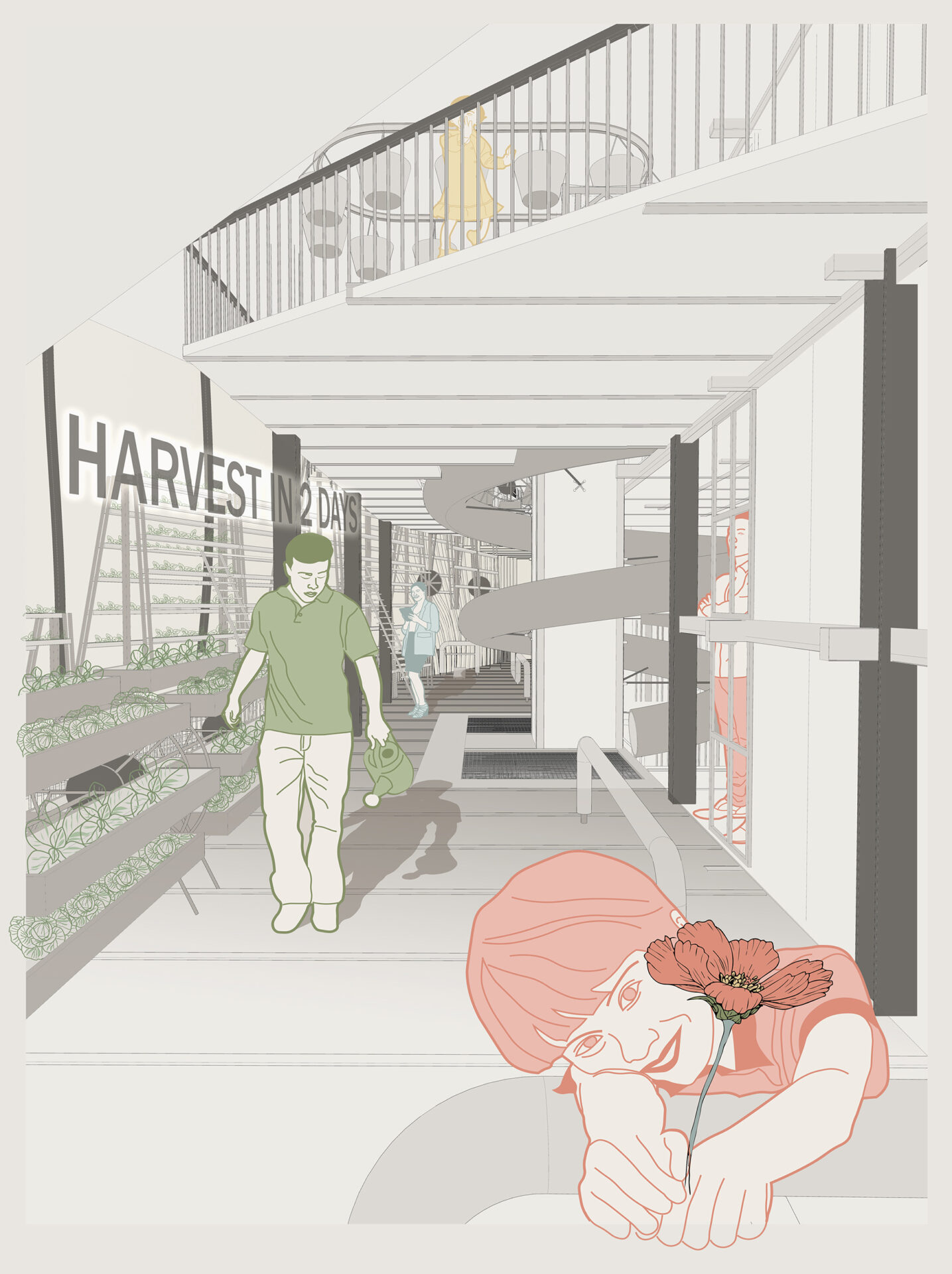
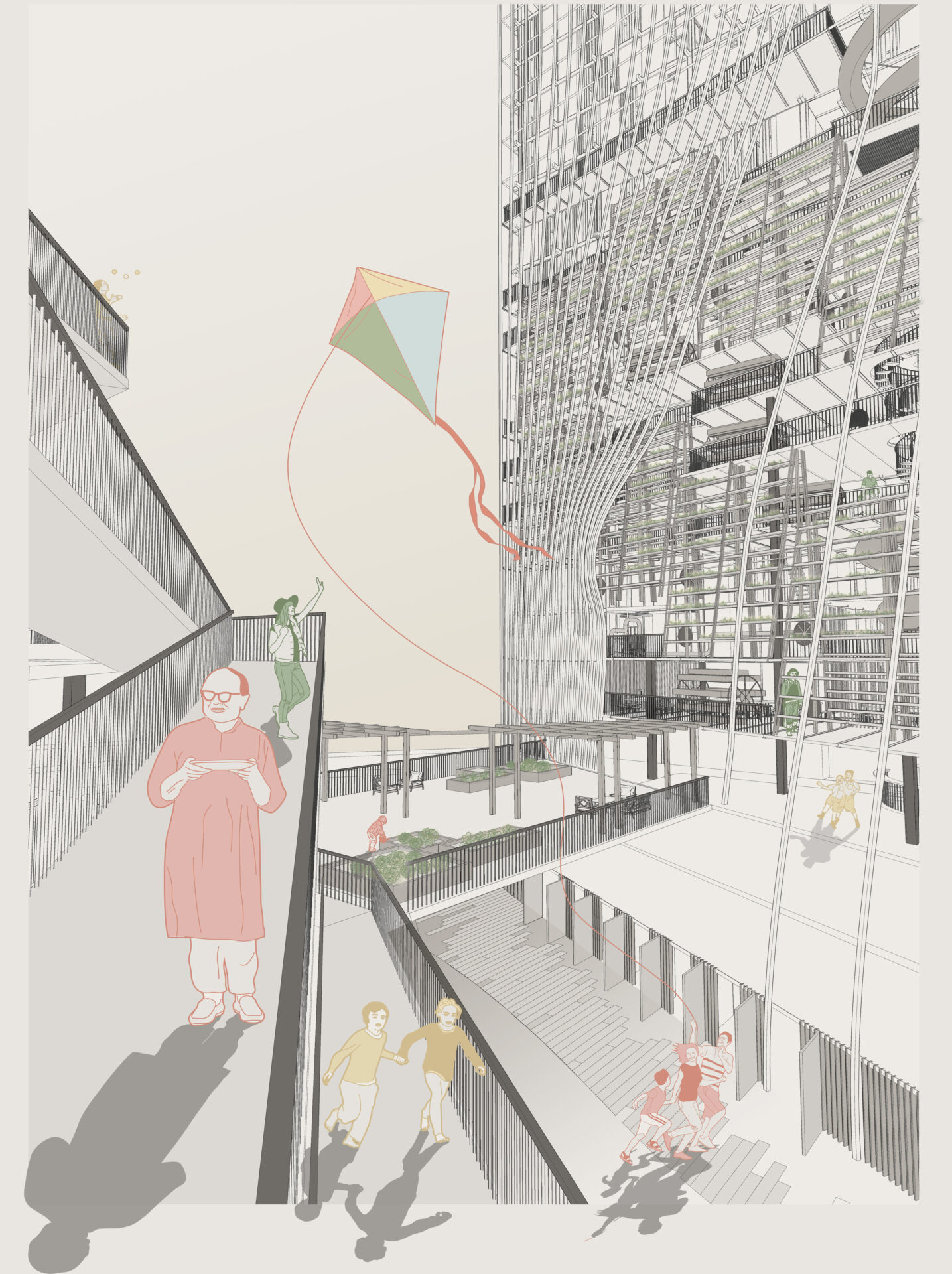
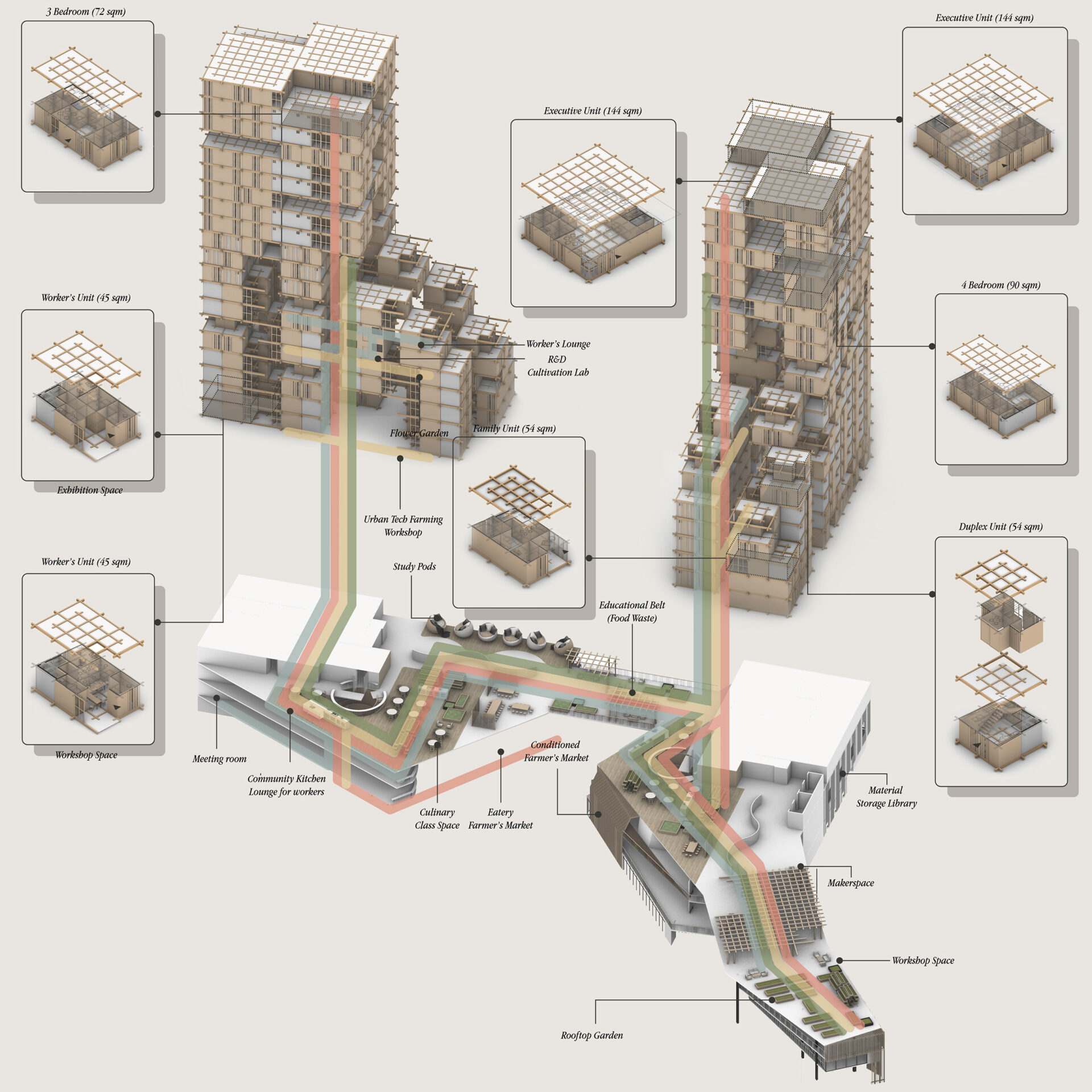
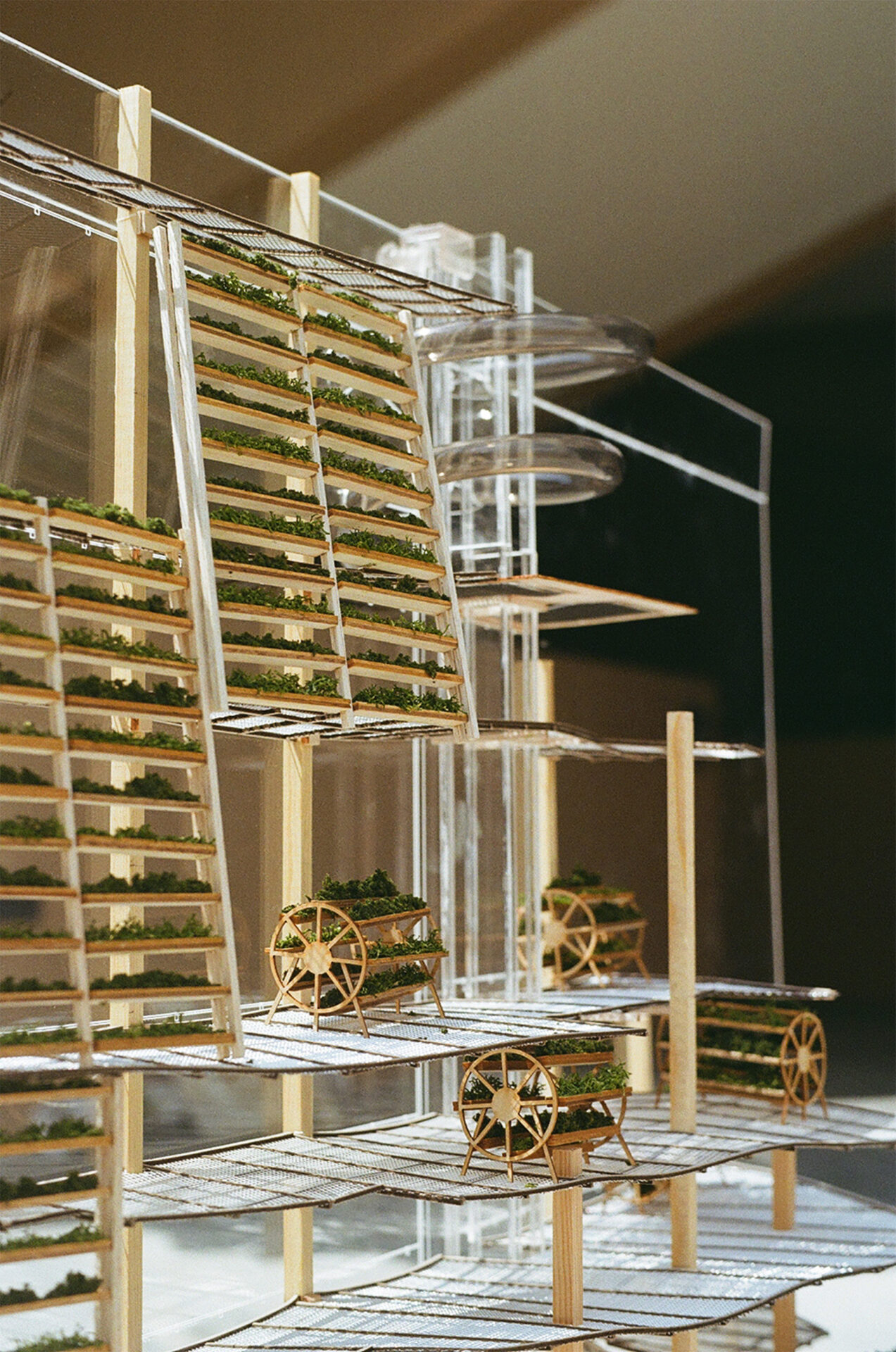
Supervisor's comments:
The thesis project “Collective Capital –Ecology of Living” seeks to explore architecture as an agent of change in the context of the restrained potentials of mankind to change its subordinate position in the world of the prevailing uncanny abundance or the “empire of excess”. The farming community of Fernvale Sengkang site facing rapid and massive urban development, proved fruitful for exploring novel models of self-sustainable and resilient social housing. Thesis design research process led to novel and IT enhanced model of living that adapts to, supports, sustains and safeguards diverse possible facets of life of its residents.
- Assoc. Prof. Ruzica Bozovic Stamenovic (Dr.)